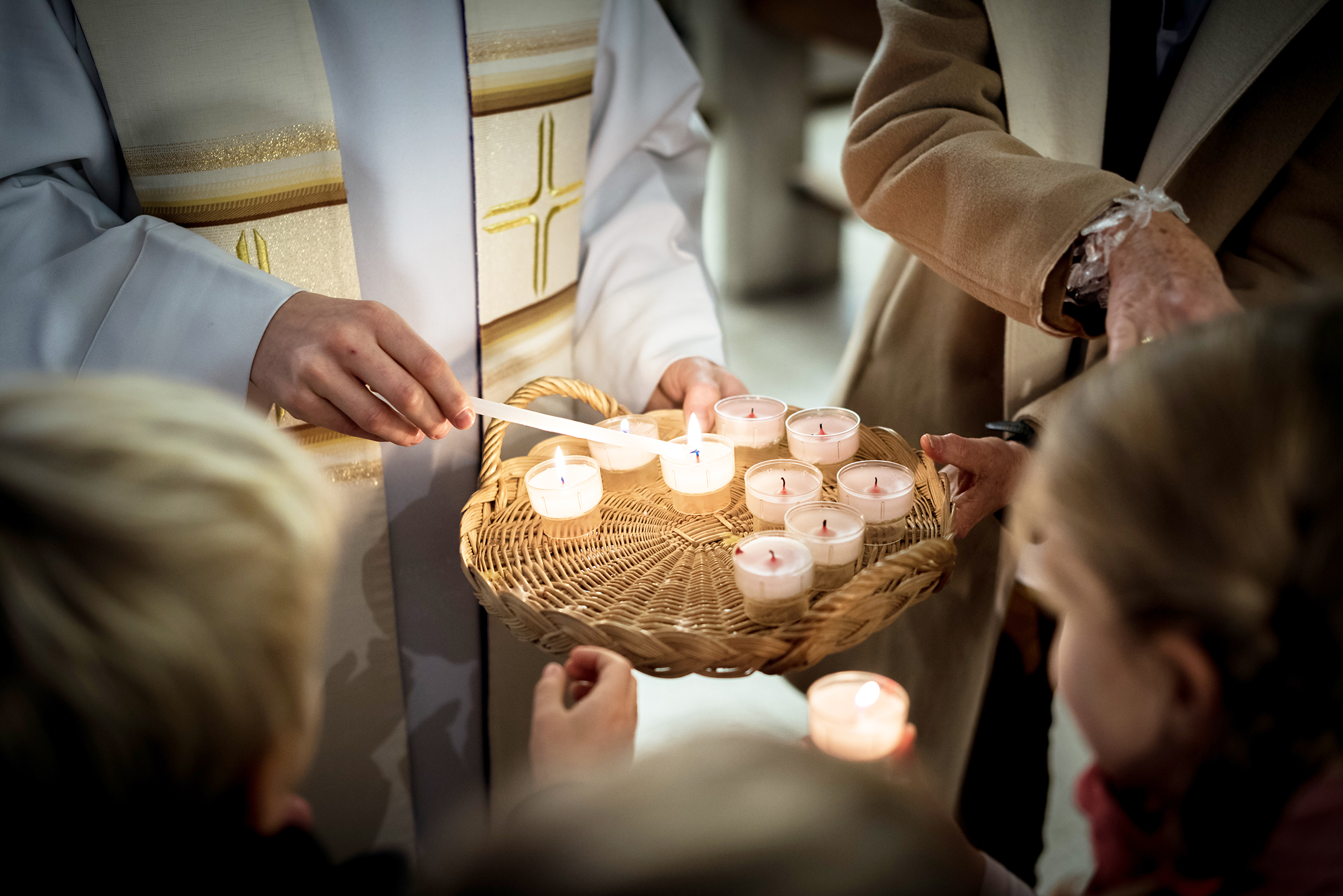Relationships are important. Everyone would agree with that simple statement. It would follow, then, that Major Gifts are important. Major gift fundraising is inextricably intertwined with relationship-building and communication. Interestingly, not every Catholic institution places the same importance and resources on this strategic area of advancement!
Every nonprofit has one common thread, no matter their area of focus, that unites them all – they are mission-driven. Whether the organization has an education, social service or religious emphasis, the reason for its being is mission. Everything a nonprofit does should serve and advance this mission.
Mission advancement is not simply fundraising but articulating the mission to constituents and communities that your institution serves. By doing this to a receptive and supportive audience, each organization can generate the resources necessary to further enhance the ways in which it accomplishes its mission. Clearly this engagement of constituents can and should be accomplished in myriad ways. However, what many institutions need is an emphasis on identifying and growing major gift potential in order to grow the relationships that will ultimately advance mission.
Major gifts are critical to an organization simply because they are typically the largest gifts an organization will receive. Practically speaking, they also offer the best return on investment for an organization. Personal relationships are the core of the major gift advancement work that we do as development professionals and as leadership – board and staff. It is vital that the relationships between the organization and constituents are properly nurtured and cultivated. In doing so, the organization engages people in a meaningful way in the mission.
Major gifts allow the potential supporters the opportunity to give in a way that is meaningful to them as donors and to connect their passion with the mission of the organization. Truly, it should be a call to conversion. These gifts — this collaboration — should bring about a new way of working together to accomplish mission. This is what allows the organization to build networks of ambassadors and benefactors that ultimately contribute to the health and long-term sustainability of each institution.
In order to be successful in the area of major gifts, there are three essentials:
Leadership: Every organization needs leadership that can set and articulate vision in a compelling way and they must be available to spend time with prospects and donors.
Teamwork: Major gift fundraising is a team effort that spans paid staff and volunteers. Everyone in the organization is responsible for advancing the mission no matter the job title.
Vulnerability: Cultivating relationships takes time and strategy. You have to take risks and the organization has to be open to critical feedback. Not everyone will say yes and that’s ok. Ask without fear.
As an organization, there is no perfect moment to begin. You must begin somewhere in creating the overall plan for major gifts and then executing. Additionally, the critical step is in the thank you — the expressing of gratitude — for the relationship and for the gift.
Major gift fundraising is inextricably intertwined with relationship building and communication. For Catholics, it is also essential to advancing the Church’s mission which is to proclaim and build up the Kingdom of God. If you believe relationships are important, and devote the necessary time to nurture those relationships, then your organization will be successful in major gift fundraising and, more importantly, advancing the Church’s mission.


